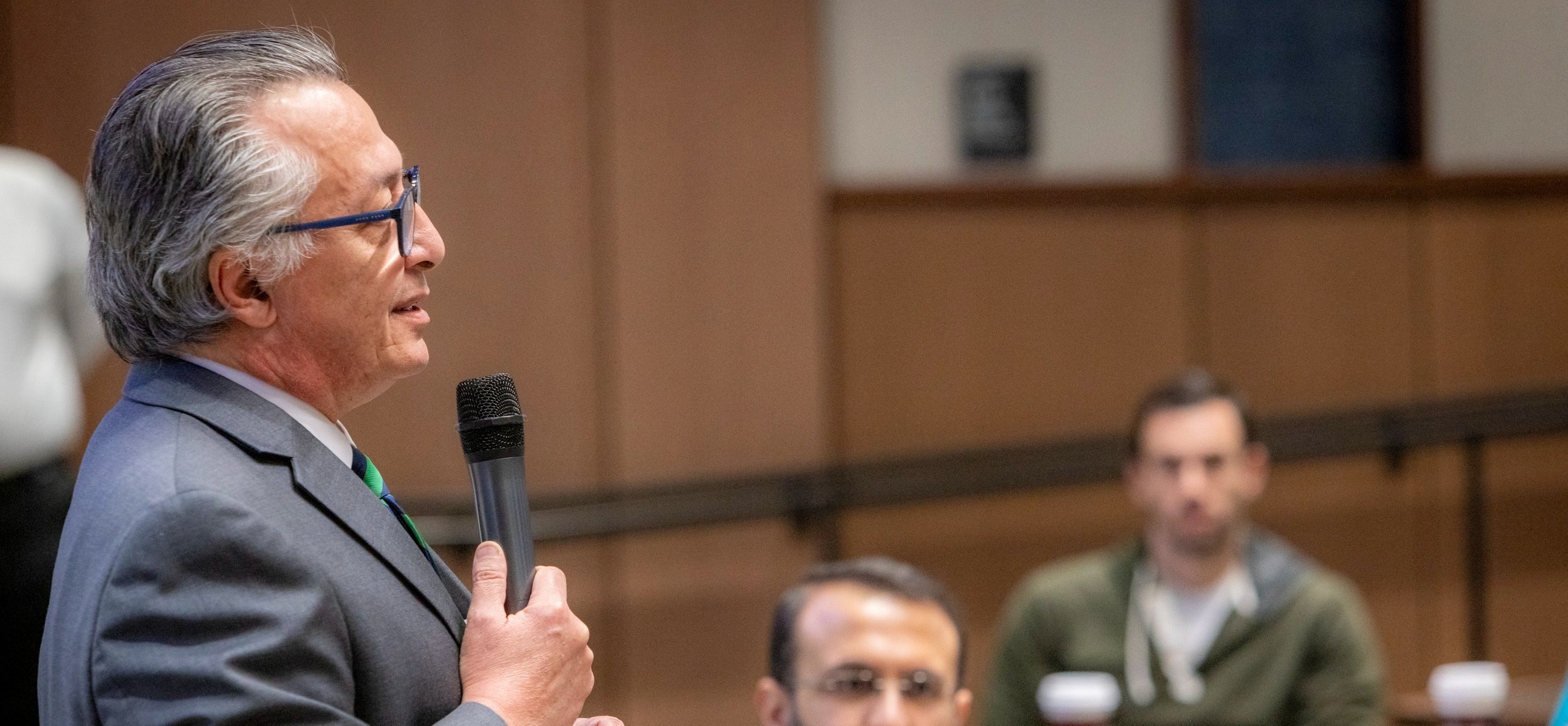
Speaking Engagements
Explore a collection of Hafed Al-Ghwell’s speaking engagements, in which he offers nuanced perspectives and engages in discussions on the Middle Eastern and North African region.

Economic Growth & Challenges in North Africa and the Middle East
Tuesday November 19, 2024 - The JHU SAIS Foreign Policy Institute’s North Africa Initiative and the SAIS MENA Club hosted an Event on “Economic Growth and Challenges in North Africa and the Middle East” in light of the 2024 World Bank and the IMF Regional Economic Outlooks.
The Event featured welcome remarks by Professor Vali Nasr, Majid Khadduri Professor of Middle East Studies and International Affairs at SAIS, and interventions by Dr. Roberta Gatti, Chief Economist of the Middle East and North Africa (MENA) region at the World Bank Group, Ms. Taline Koranchelian, Deputy Director in the Middle East and Central Asia Department at the International Monetary Fund, and Dr. Amr Hamzawy, Director of the Middle East Program at Carnegie Endowment for International Peace. The panel discussion was moderated by Hafed Al-Ghwell, NAI Executive Director.
During his opening remarks, Professor Nasr tackles the region’s trajectory in light of the Arab Spring and the War on Gaza where he provided a profound lens through which to understand the enduring challenges of regional insecurity. Moreover, Ms. Gatti discussed the role of the World Bank in navigating the dynamics of economic growth, the ramifications of uncertainty, and the impact of ongoing conflicts on development in North Africa with a particular focus on human capital and productivity. From the IMF perspective, Ms. Koranchelian talked about the multifaceted impact of direct conflicts, spillover effects, and broader factors including oil production, exports, and country-specific issues such as climate change and drought, while reiterating the importance of governance reforms, state footprints, labor force participation, and trade integration for better economic growth in the region. With a more political lens, Dr. Hamzawy reflected on the main challenges the region is currently facing which include the indirect costs of decades-long regional conflicts, the geostrategic risks posed by state and non-state actors, and the profound human toll on economies and societies. He added the significance of governance reform, women’s inclusion, renewable energy, and regional security for fostering regional stability and growth.”

An End to the CBL Crisis? Implications for Libya’s Economic Governance
Tthe North Africa Initiative (NAI) at the Foreign Policy Institute (FPI) of the Johns Hopkins Paul H. Nitze School of Advanced International Studies organized a webinar in partnership with Chatham House.
In August this year, the Libyan Presidency Council moved to replace Libya’s longtime central bank governor, Sadiq al-Kabir. Kabir had been in position since September 2011, and in the period following the administrative division of Libya, he rose to prominence as one of the most influential figures on the Libyan political scene. In the absence of a functioning relationship between executive and legislature, the Central Bank of Libya (CBL) took on many of the competencies of the ministry of finance and became an arbiter of which payments were made and when. In October, following UN-led and parallel back-channel negotiations, a new governor was selected and the CBL board of directors reconstituted.
In this webinar, experts examined the challenges will the new CBL leadership face, potential changes for Libya’s economic governance, and the implications for the balance of power between Libya’s rival power centers.
Speakers:
Hafed Al-Ghwell, Senior Fellow and Executive Director, North Africa Initiative at the SAIS Foreign Policy Institute
Stephanie Williams, Former Special Advisor to the UN Secretary General on Libya
Tim Eaton, Senior Research Fellow, Middle East and North Africa Programme,Chatham House
Asma Khalifa (Moderator), Associate Fellow, Middle East and North Africa Programme, Chatham House

China’s Strategic Thinking in North Africa
Hosted by the North Africa Initiative (NAI) of SAIS Foreign Policy Institute in partnership with the Middle East Institute Switzerland (MEIS).
Hafed took part in a hybrid panel discussion exploring China’s historical engagement in North Africa, its current policies and strategies, and its future ambitions in the region.
The session explored:
- The historical drivers and current objectives underpinning China’s political, economic, security and soft power strategy in North Africa;
- Chinese conceptions of, and role in, traditional multilateral organizations and fora;
- Chinese North Africa policies and aspirations in the context of the emerging Global South multilateralism, specifically BRICS;
- China’s strategic thinking and priorities on alliance-building in North Africa;
- Chinese role and interests in North African conflicts (Libya and Western Sahara);
- The local impact of China’s cultural, educational and health diplomacy.
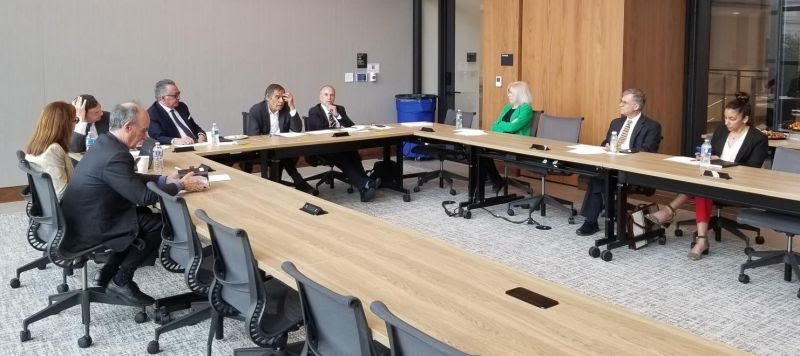
Libya in Focus: Conflict Resolution and the Path Forward
Johns Hopkins School of Advanced International Studies (SAIS), alongside the Atlantic Council, hosted a roundtable discussion with a group of Libyan representatives from the Coordination Committee of Parties, made up of over 50 political parties and NGOs.
Discussants proposed creating a mechanism for fair elections through a comprehensive plan grounded in popular support. The initiative aims to tackle the roots of the Libyan crisis through economic, political, security, and social reconciliation pathways, aiming for state-building rather than power-sharing. The new proposal may also be taken forward for consideration by the UN Security Council.
Notable delegates included NAI Executive Director and FPI Senior Fellow, Hafed Al-Ghwell, the former Health Minister, Naji Barakat, and the former Head of the Constituent Assembly, Ali Tarhouni, who engaged with Washington-based political experts, politicians and diplomats specializing in Libyan affairs.
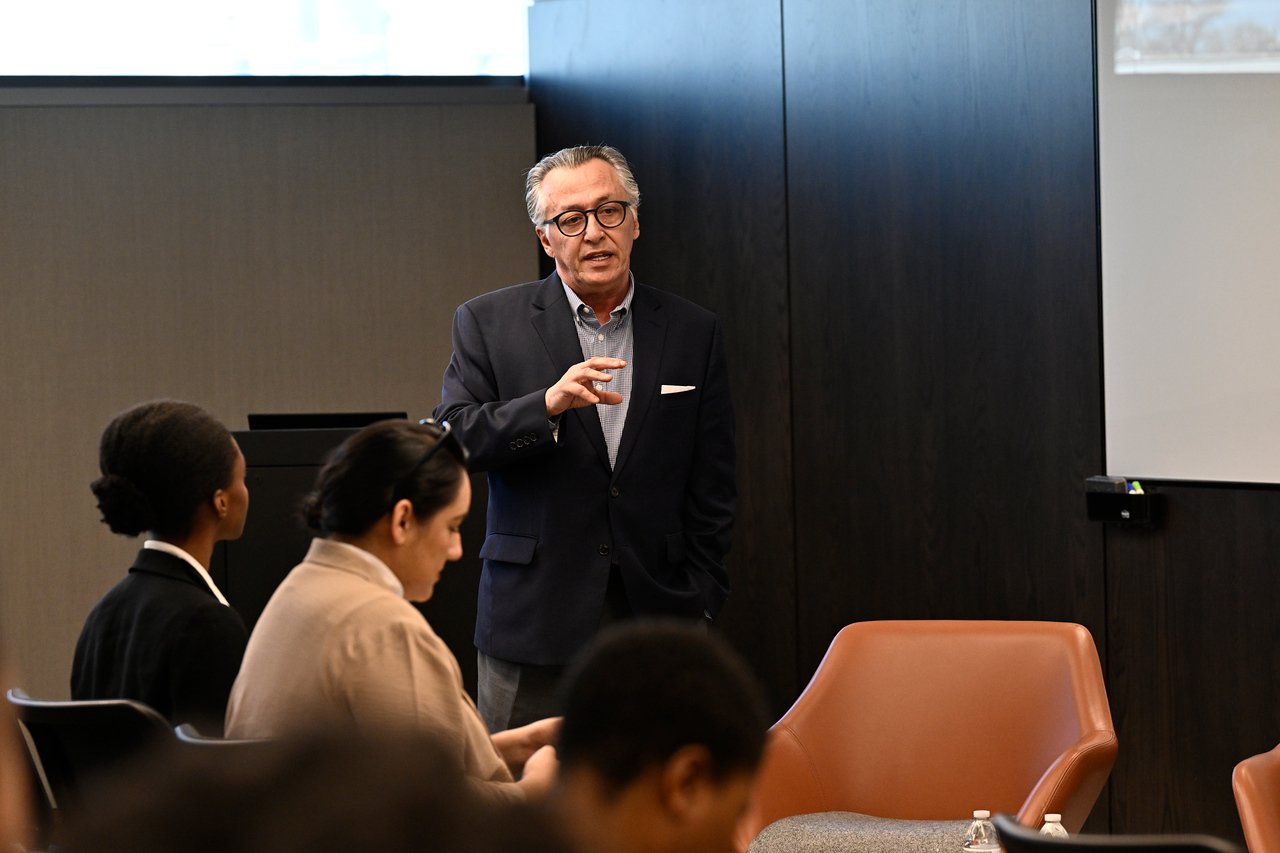
Building Sustainable Peace in North Africa
The North Africa Initiative (NAI) at the Foreign Policy Institute (FPI) of the Johns Hopkins University School of Advanced International Studies (SAIS) and the Heavenly Culture, World Peace, Restoration of Light (HWPL) were honored to host a panel of experts to discuss the institutionalization of peace in North Africa. The event included the Honorable Ben Cardin, US Senator from Maryland; Evan Patterson, from the staff of US Representative Jim Baird; Giordano Segneri, Governance and Peacebuilding Team Leader for Arab States, UNDP; and Regan Durkin, Director of HWPL in Washington, DC, with FPI Senior Fellow Hafed Al-Ghwell as moderator. The panelists discussed and evaluated solutions and policies to sustain peace. The solutions identified will be incorporated into a report to be submitted to the United Nations to further aid in peace-obtaining efforts in the North African Region.
Watch the event on YouTube.

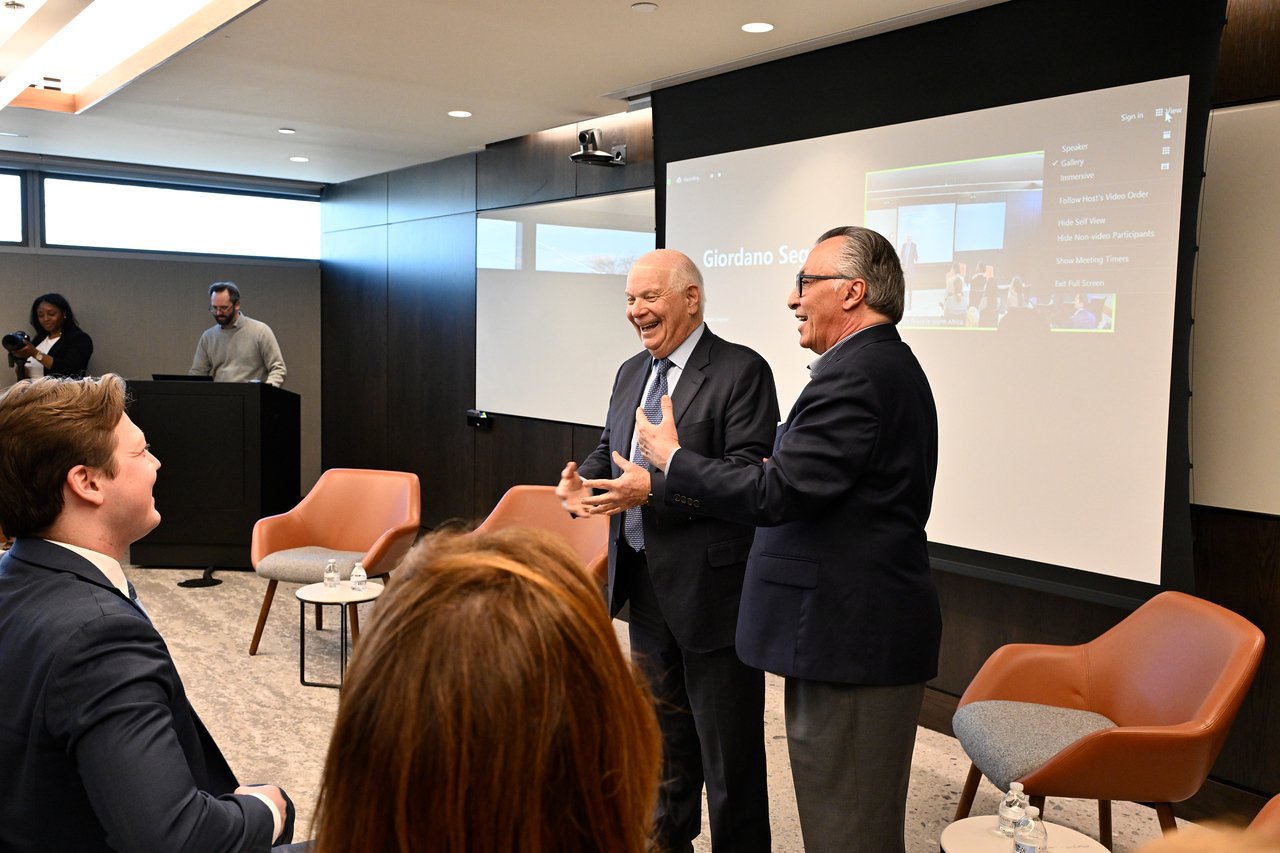
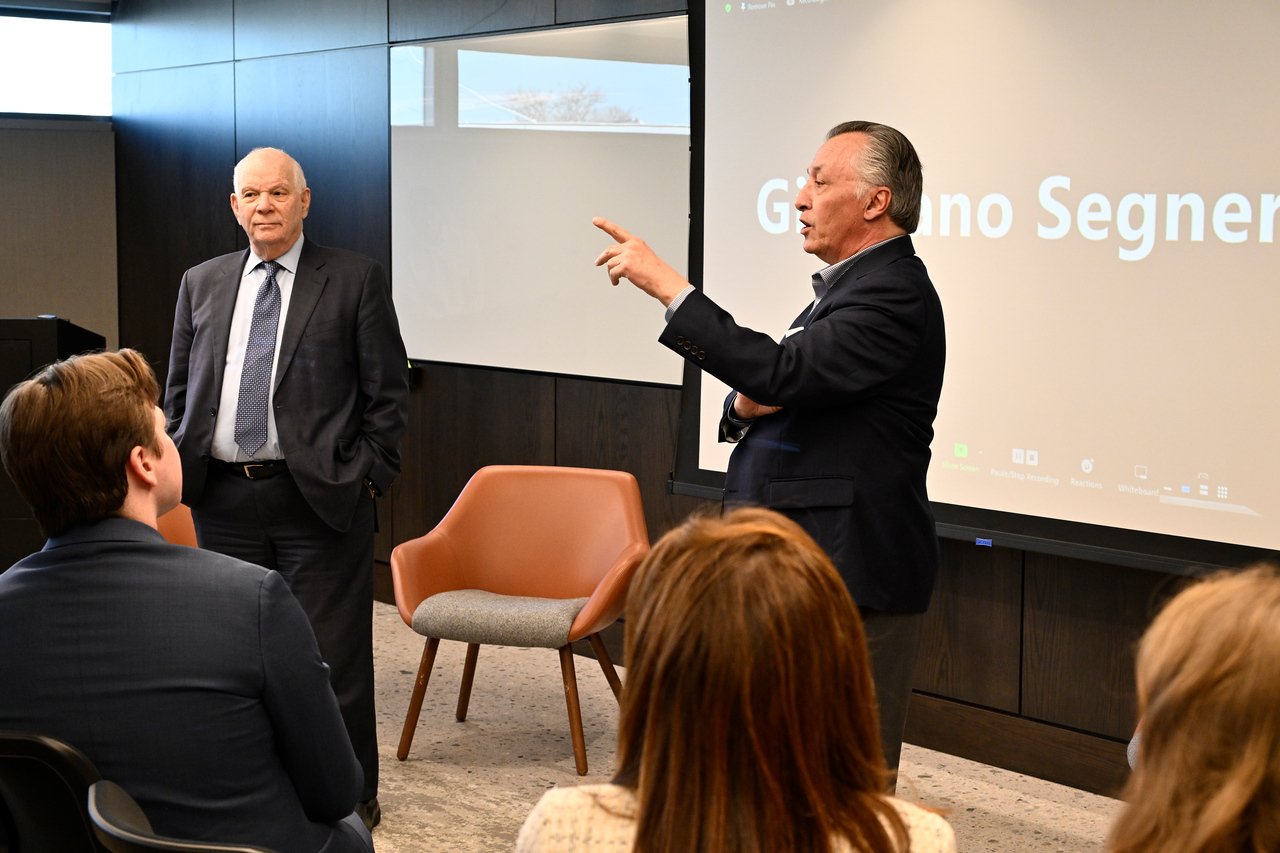
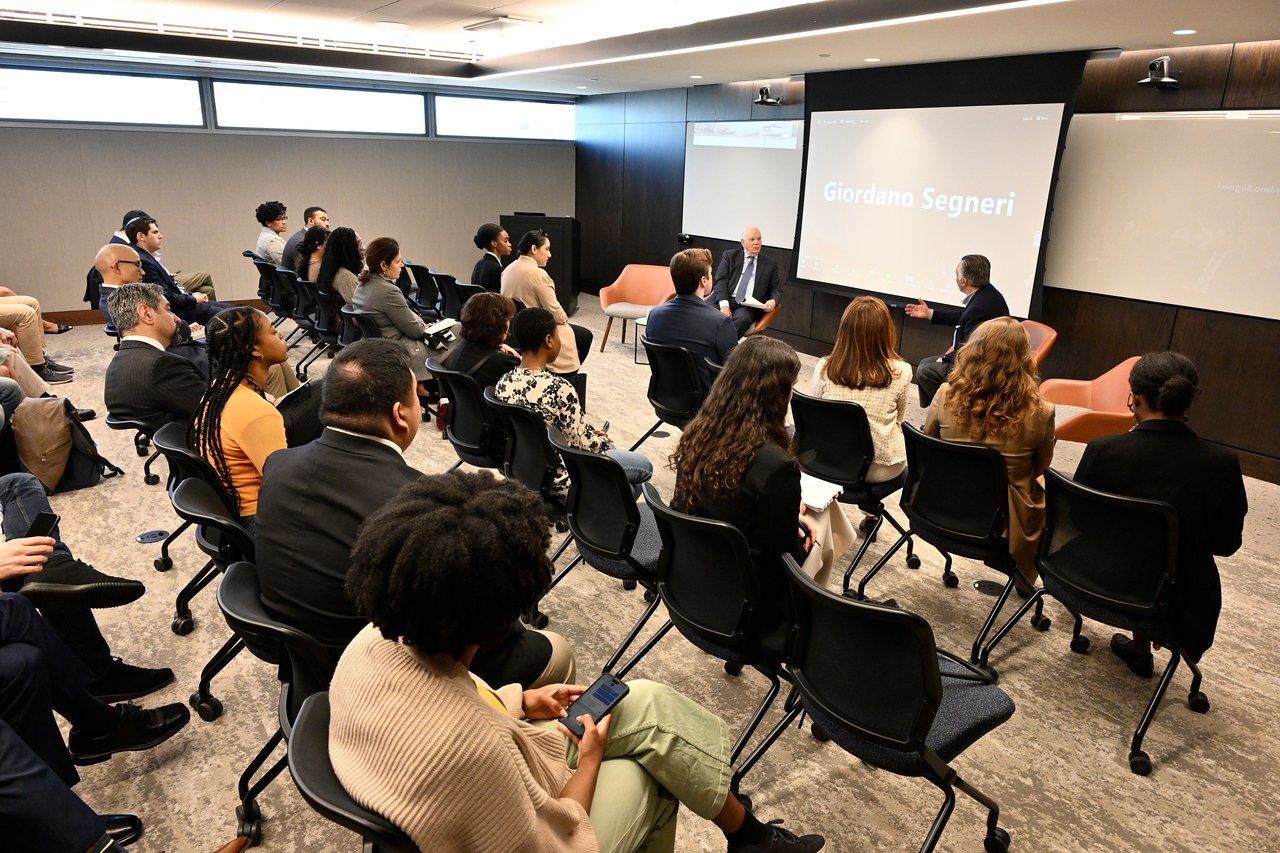
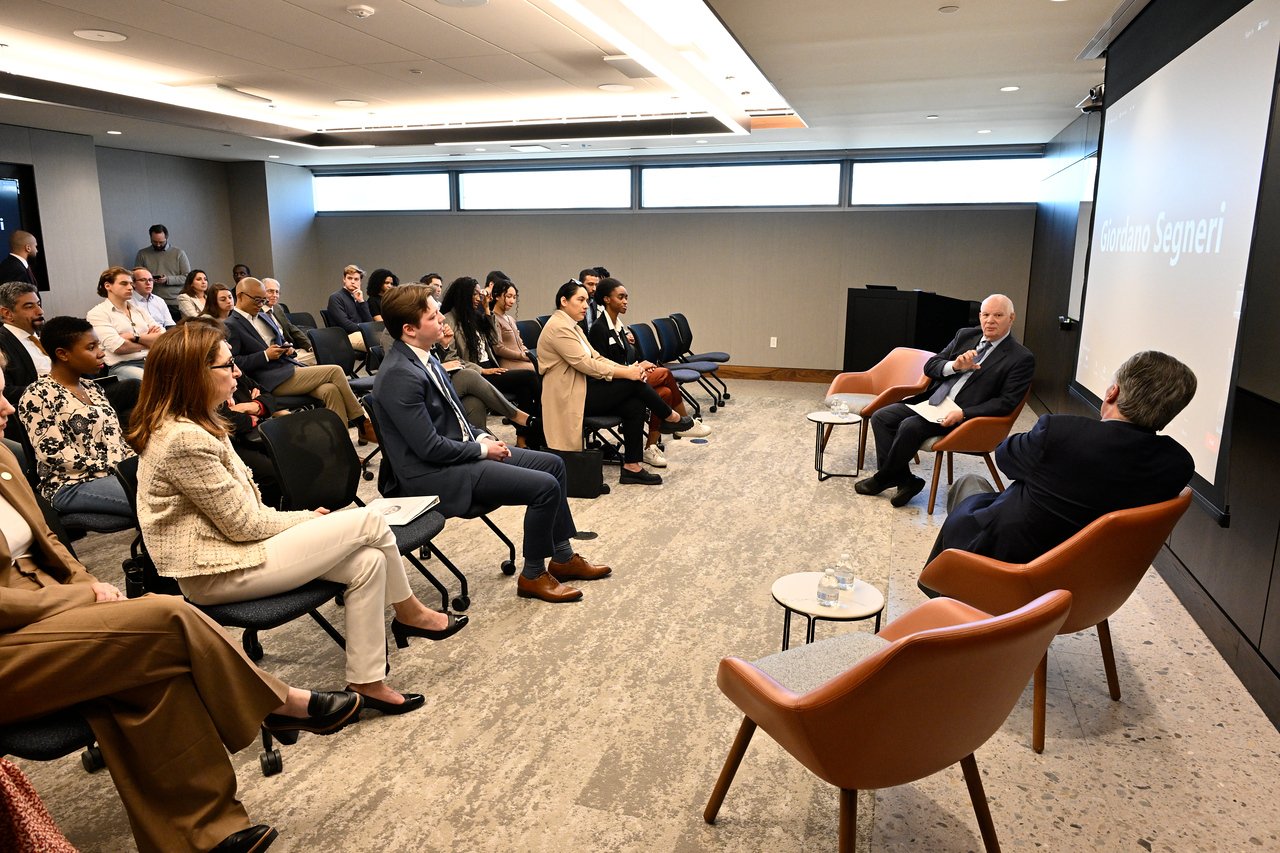
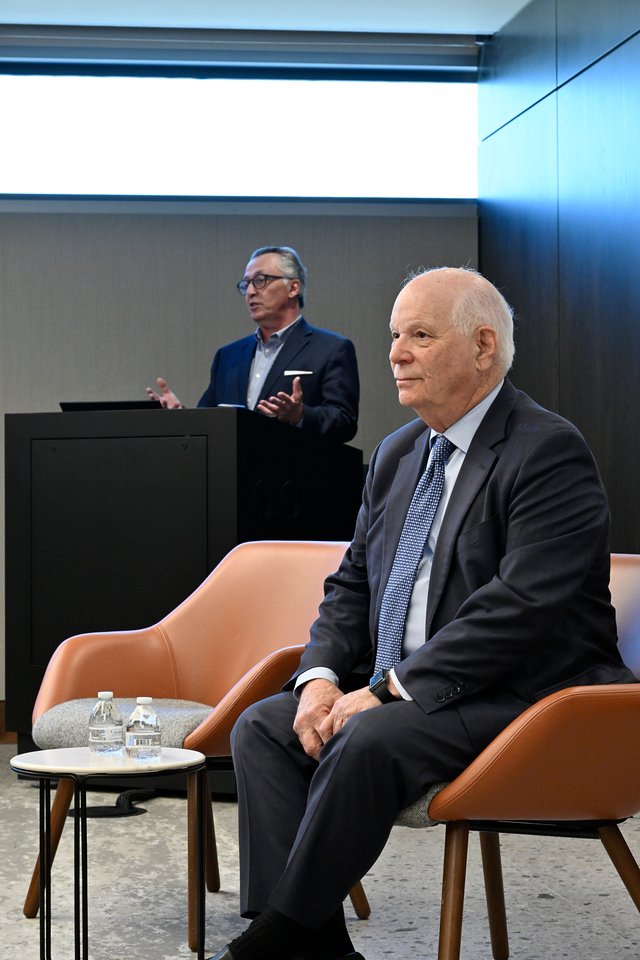
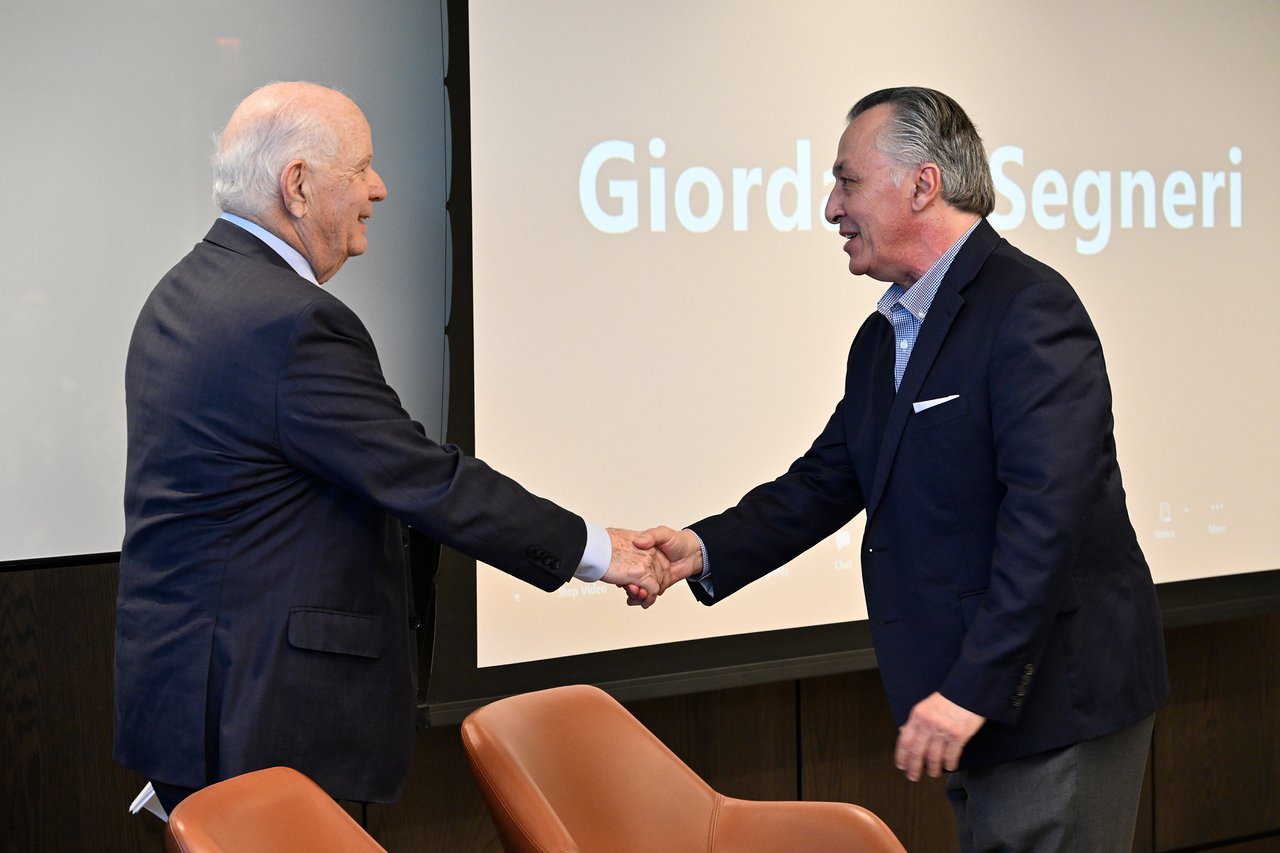
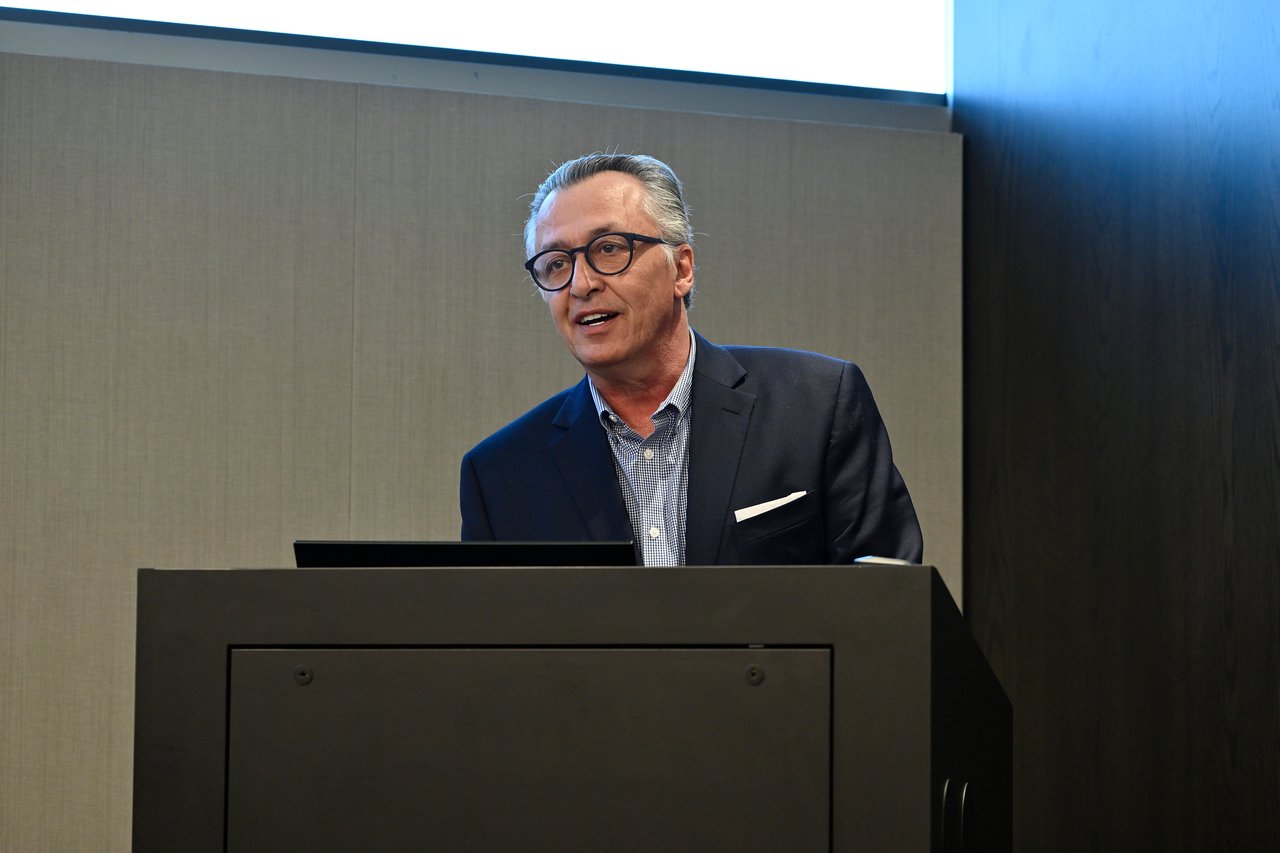

Qatar: A Strong Mediator and Its Strategic Role in the Middle East
The Foreign Policy Institute of the Johns Hopkins University hosted Dr. Majed Al-Ansari, Spokesperson for the Foreign Ministry of Qatar and Advisor to Prime Minister Mohammed bin Abdulrahman bin Jassim Al Thani, in a conversation on ‘Qatar: A Strong Mediator and its Strategic Role in the Middle East.’ The Dialogue is moderated by Hafed Al-Ghwell, Senior Fellow at the SAIS Foreign Policy Institute (FPI).
Watch the event on YouTube.








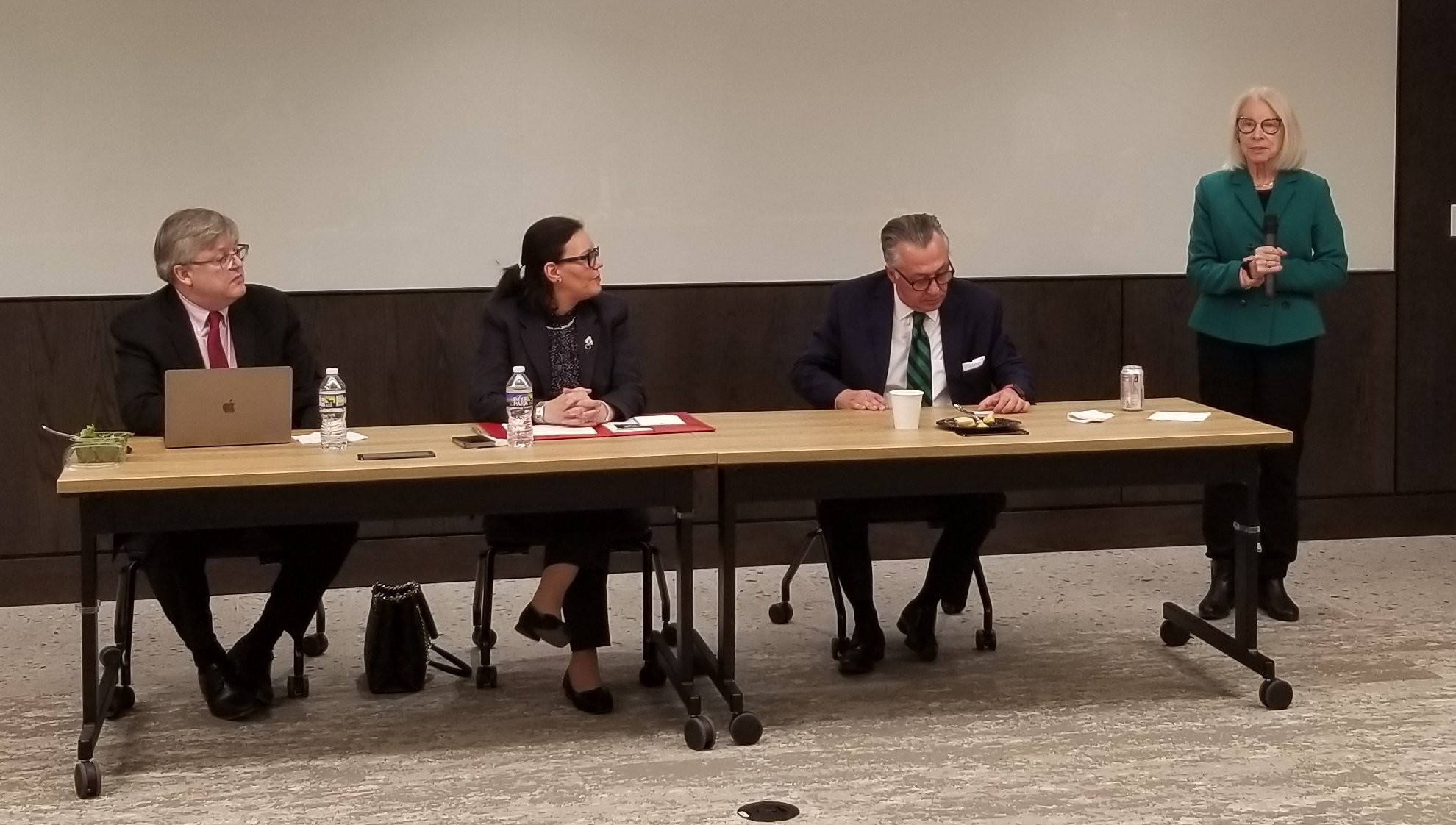
Current Challenges in Tunisia and in US-Tunisian Relations and the Way Forward
The discussion, moderated by Hafed Al-Ghwell, Foreign Policy Institute’s Senior Fellow and Executive Director of the North Africa Initiative, and William Lawrence, Professor at American University’s School of International Service, welcomed a select group of participants from the State Department, USAID, SAIS faculty and students, ATA board members, and policy experts. The conversation covered a wide range of critical topics, including democratic institution building, the U.S.-Tunisia relationship, Civil Society Organizations (CSOs) in Tunisia, educational and exchange programs, and the Gaza situation.
Find out more via the SAIS Foreign Policy Institute website.
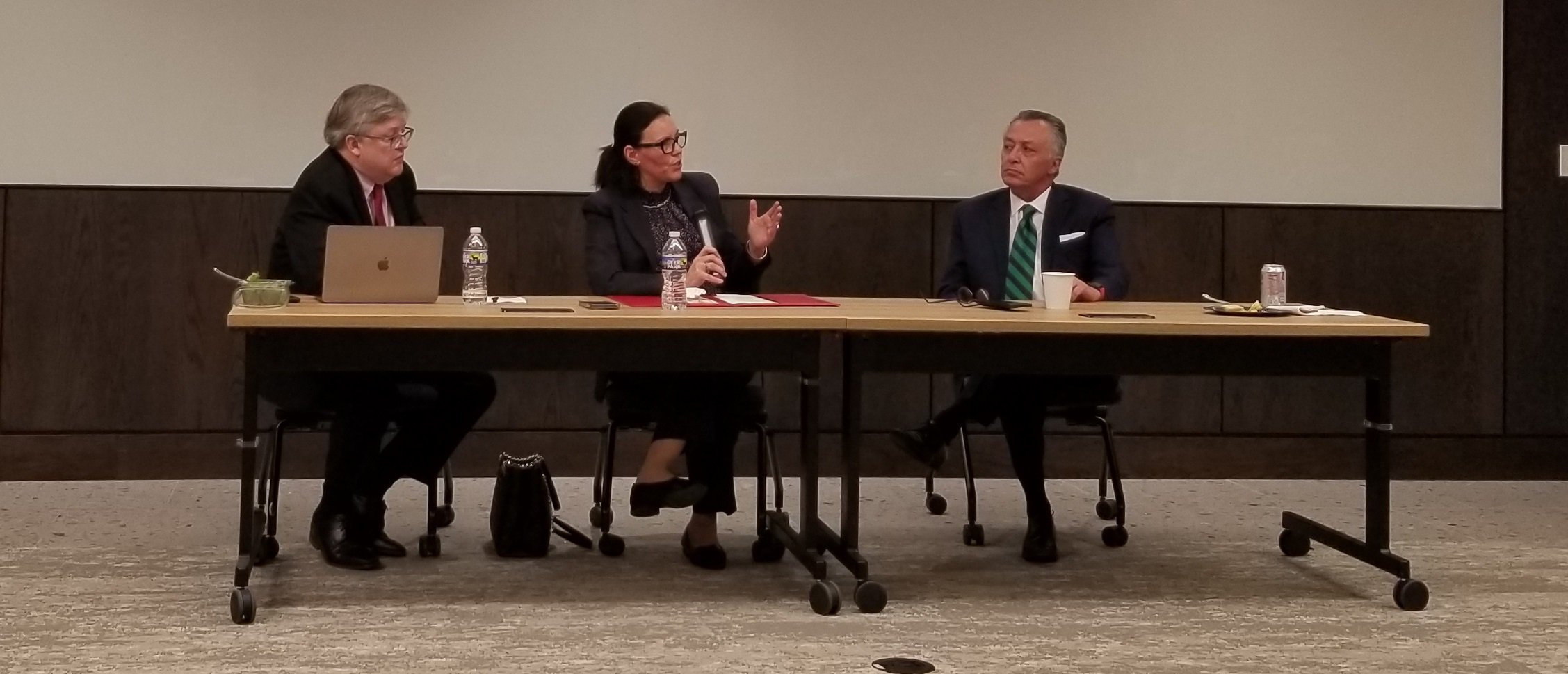
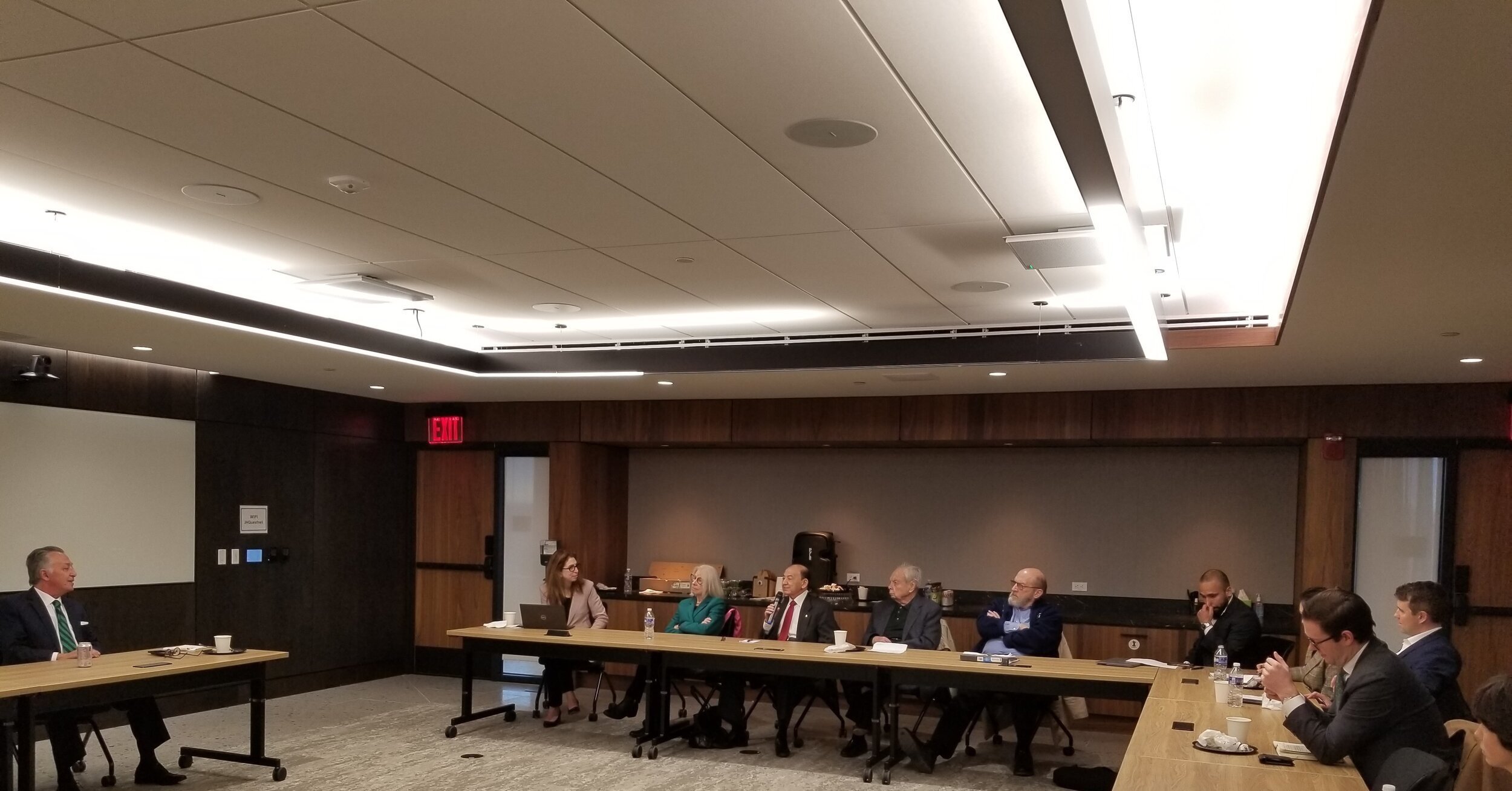


Countering Human Trafficking and Transnational Crimes in North Africa
On September 21, the North Africa Initiative of the Foreign Policy Institute at the Johns Hopkins University School of Advanced International Studies (SAIS) and the Middle East Institute Switzerland (MEIS) co-hosted a hybrid roundtable discussion titled “Countering Human Trafficking and Transnational Crimes in North Africa.” The discussion featured Othman Belbeisi and Alissa Pavia and was moderated by Hafed al-Ghwell and Andrea Cellino.
Watch the event on YouTube.





U.S Strategy to Prevent Conflict and Promote Stability and the GFA
The North Africa Initiative (NAI) of the JHU SAIS Foreign Policy Institute hosted Anne Witkowsky, Assistant Secretary for the Bureau of Conflict and Stabilization at the U.S. State Department, for a Conversation on the U.S. Strategy to Prevent Conflict and Promote Stability, the innovative strategy for fostering peace, stability, and prosperity in states struggling with instability.
Watch the event on YouTube.
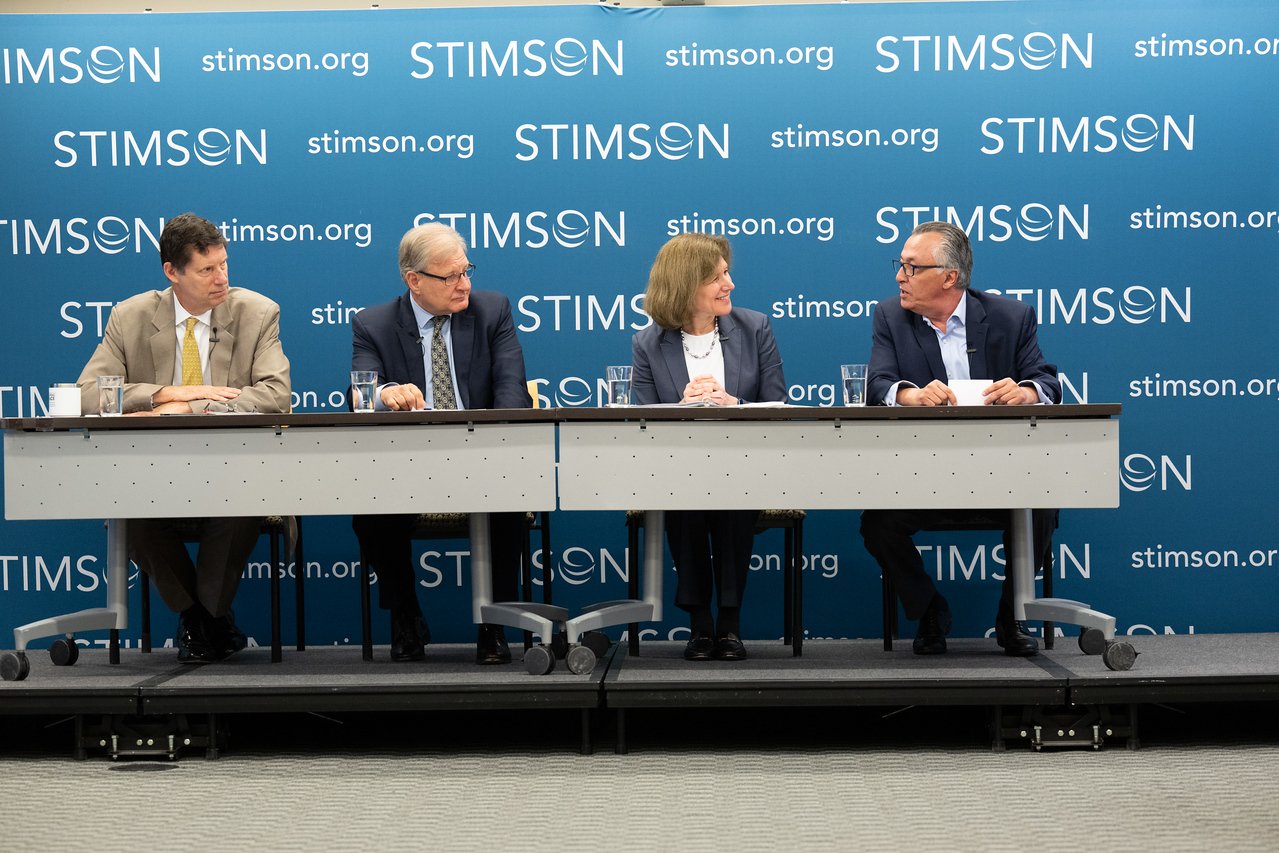





China’s Growing Footprint in North Africa
In this discussion, Hafed serves as a moderator and speakers shared their insights and analyses of the emerging partnerships between China and the Maghreb countries by examining the complexities and realities of Beijing's presence in this part of the world through the lens of its Belt & Road Initiative (BRI). They examined how a growing Chinese presence in the Maghreb can feasibly advance the sub-region's economic development while safeguarding China's strategic interest in being a developer, collaborator and accelerator of South-South cooperation. Between receding American engagement and a deeply fragmented Europe, discussants assessed the West's potential responses (or lack thereof) and their likely impact on fostering security, democratization, stability, development, and intra-regional cooperation in the Maghreb.
Watch the event on YouTube.

Economic Integration in North Africa: Landscape & Challenges
The North Africa Initiative hosted a roundtable discussion moderated by the Former UN Senior Advisor on Libya Stephanie Williams on “Local Governance as an Essential Tool for State Building in Libya”. The event featured Mohamed Khaled Elghuel, presidential candidate in Libya's elections and former Deputy Minister and Hafed Al-Ghwell, Senior Fellow and Executive Director of the North Africa Initiative at the Foreign Policy Institute (FPI) at SAIS.
What could the real devolution of power from the center to the so-called periphery look like in Libya, a rentier state which has experienced a mostly failed approach towards administrative decentralization since the 2011 uprising? Can a ground-up approach which empowers citizens and their elected representatives at the provincial and municipal level help address the absence of state and institution building in Libya? Can this community level effort help to tackle the proliferation and consolidation of armed groups in the country?

Egypt's COP27: Sustainable Development and the Energy Transition in MENA
North Africa Initiative of the JHU SAIS Foreign Policy Institute and the SAIS Student MENA Club hosted a roundtable discussion on Egypt’s COP 27: Sustainable Development and Energy Transition in North Africa.
Moderator
Hafed Al Ghwell Senior Fellow and Executive Director of the North Africa Initiative at the Foreign Policy Institute (FPI) of the Johns Hopkins University School of Advanced International Studies (SAIS)
Speakers
Dr. Mohammed Mahmoud, Senior Fellow and Director of the Climate and Water Program, Middle East Institute (MEI)
Dr. Paul Noumba Um, Regional Director, MENA Infrastructure, World Bank
Concepcion Aisa Otin, Senior Financial Officer for the World Bank Treasury